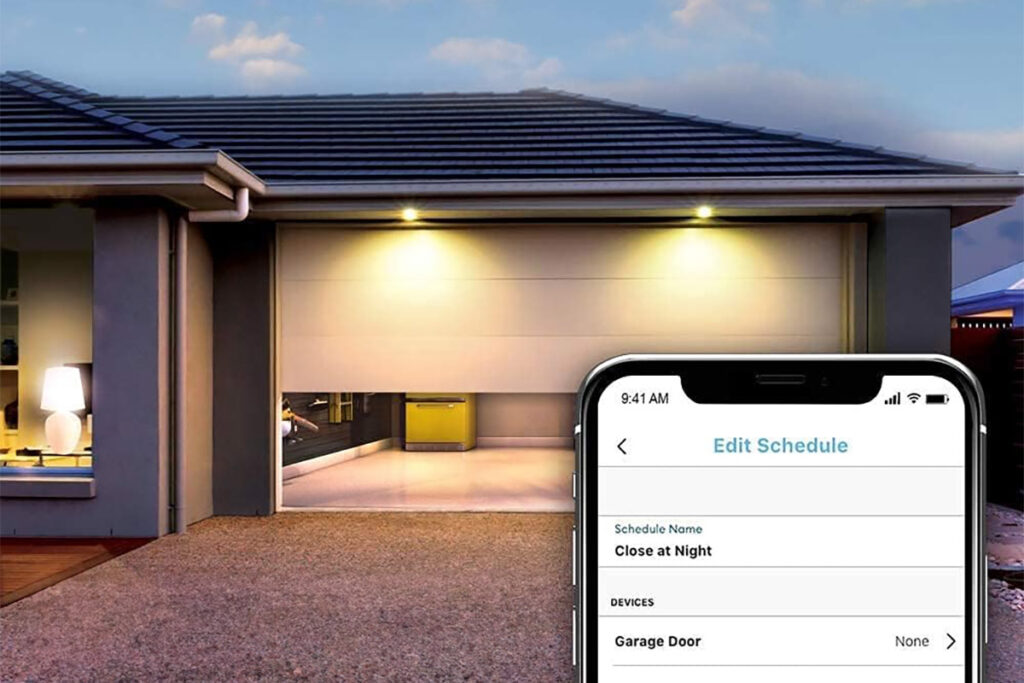In this post:
A faulty braking system in a car is a disaster in waiting. Likewise, when applying brakes to a car, one expects the car to stop without any problem.
But what happens when you step on the brake pedal, and the vehicle starts shaking?
For sure, I have been there, and the experience sends shivers down your spine. Car shaking has become a common problem for many cars.
Think about this for a moment and stay with me as we seek to understand this problem.
Reasons Why the Car Shakes When Braking

Various reasons could cause the car to shake while driving at a reasonable speed. It is a disaster in waiting, and so, you should address it without hesitation.
The following reasons could be the cause of your car to shake.
- Poor wheel alignment.
- Bent rim
- A faulty wheel bearing
- Worn out/ uneven brake pads.
- Uneven rotor discs/brake discs
- Axle problem.
- Unbalanced tires on the rim wheels.
You want to know more about these reasons and how they affect a car during braking? In this article, I will let you know all that. Read on.
1. Poor Wheel Alignment of the Car

Tires that pool in together or against each other is a recipe for disaster. It is the most frequent cause of car shaking while braking. Poor wheel alignment is the most significant contributor to the uneven wear of the tires.
Also, it affects other parts of the braking system of the car. The most affected region is the wheel brake discs or rotor discs.
Poor wheel alignment also affects the steering wheel. It is evident when you drive the car, and you realize that the vehicle does not move in a straight line but in a crooked manner.
If you identify these signs, then it is time to check your braking system.
2. Worn out Brake Pads

Brake pads perform a crucial role in the braking system of the car. It is the parts that clump the brake disc to provide friction and thus bring the vehicle to a halt.
The location of the brake pads is inside the clippers. You will realize that over time the brake pads wear out because of the friction impact while braking.
When you step on the brake pedal, the first thing that will make you realize the brake pads are faulty is a screeching sound from the wheels.
Also, the palliating brake pedal is another sign. Above all, you will realize that the car will not stop, and you will realize that there is a vibration as you attempt a stop.
Dirty and oily brake pads are also contributing factors to a shaking car while braking.
3. Uneven Rotor Disc/Brake Discs.

Rotor disc is a part of the braking system that the brake pads clamp on when you step on the brake pedal. After continuous use over time, they lose their shape of even roundness. Again, they warp over time due to the impact caused by constant braking.
Because of that warping, you will realize that when stopping the car, it vibrates.
In the same way, the brake pads' uneven surface makes it challenging to bring the car to a stop. All this will cause the vehicle to shake when applying brakes.
4. Bent Wheel Rims.

Bent wheel rims, behave in the same way as the wheels that are not aligned well. If driving involves going through roads with lots of potholes, then the likely hood of you having a bent rim is high.
While driving at high speeds, you will discover light vibrations from your car. But the vibration gets worse when you increase speed, thinking that it might go away.
The effect of a bent rim can cause other damage to the car. It might cause uneven wearing of your tires. In the same way, you can have a tire burst due to the reduced contact of the tires with the road surface.
Above all, bent rims affect the steering wheel of your car. Thus, you will experience uncomfortable vibrations while driving.
5. A Wheel Bearing that is Faulty.

A faulty wheel bearing is as bad as the bent wheel rim. It not only causes uneven wear of the tires, but also the wheels of the car become loose. These loose and uneven tires cause the car to have more vibrations.
Wheel bearing gets damaged when you drive on unbalanced wheels, flooded streets, and uneven roads.
The following signs should tell that you have a problem with your wheel bearing.
- When you apply brakes, the car tends to have an abnormal pull to the side.
- Knocking and clunking of the wheels.
- Uneven rotor disc or brake pads.
The above signs could be an indicator of other problems with the car. Again, they affect the wheel bearing on the axle of your vehicle.
A bad wheel bearing will increase vehicle vibration. It is not only when driving, but also when bringing your car to a stop.
6. Axle Problem

Small rocks and potholes affect the axle of your car when navigating bumpy and rough roads. You may ignore them, but with time the damage will be noticeable.
The damage caused on the axle affects the suspension system of your car. Damage to the car suspension will result in the vehicle vibrating more when brought to a halt.
Another part affected by the axle damage is the C.V joint (constant velocity) connected to the axle of the car. So, any impact on the axle system affects this joint. The effect is on the suspension of the vehicle.
When the car's suspension gets affected, it results in more vibration when you step on the brake pedal.
7. Unbalanced Tires on the Rim

An unbalanced tire is another reason for increased car vibrations.
Knowing how to balance the tires on the wheel rim needs a lot of attention. It is true because tires determine comfort while driving is your can. You don't want to drive your car while jumping up and down.
Ensuring the tire balance not only reduces vibrations but also saves other parts of the car. in the same way, it makes the tire has an even wear. Again, it ensures protection to the rim by not putting a lot of strain on the brake disc.
These and many more are possible causes on why the car shakes while braking. How do you fix them? Here is how:
How to Fix This or What They Should Do

The first step in fixing this problem is identifying the exact cause of your car shaking while braking. Once you have identified and you can correct the problem yourself, then that will save you money.
But if you cannot, that should not be a problem use a qualified mechanic.
Most causes of the problem need that you replace the affected part with a new one. Still, if the parts in question need servicing, you can do that.
The only way you can avoid and rectify your car's shaking problem is to ensure it undergoes regular checks.
Is This Dangerous
Yes. A shaking car is as dangerous as a car whose brakes have failed. In the same way, the driver loses the vehicle's stability and thus increases the car crushing chances.
It is also dangerous because of the significant damage it can cause to your braking system. Also, vibration will affect other parts of the. Such losses will cost you a lot of money to replace the whole braking system.
Conclusion
Brakes in a car are crucial. Nothing scares the hell out of you when you are driving a car, then boom!! The brakes fail, and the car starts shaking.
You risk not only your life but also the lives of other road users. Do not sign a death warrant by taking chances of driving in a car with faulty or no brakes. Be safe always.





